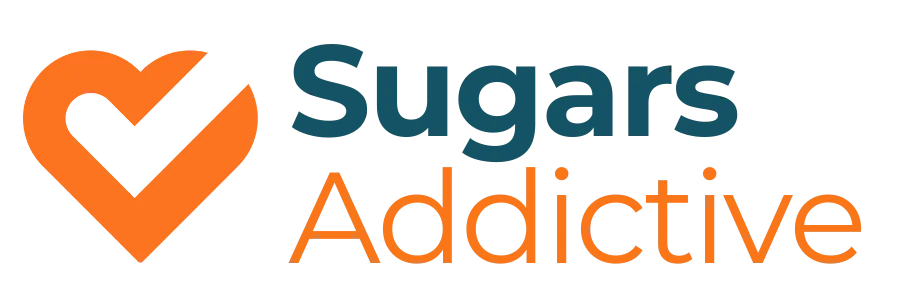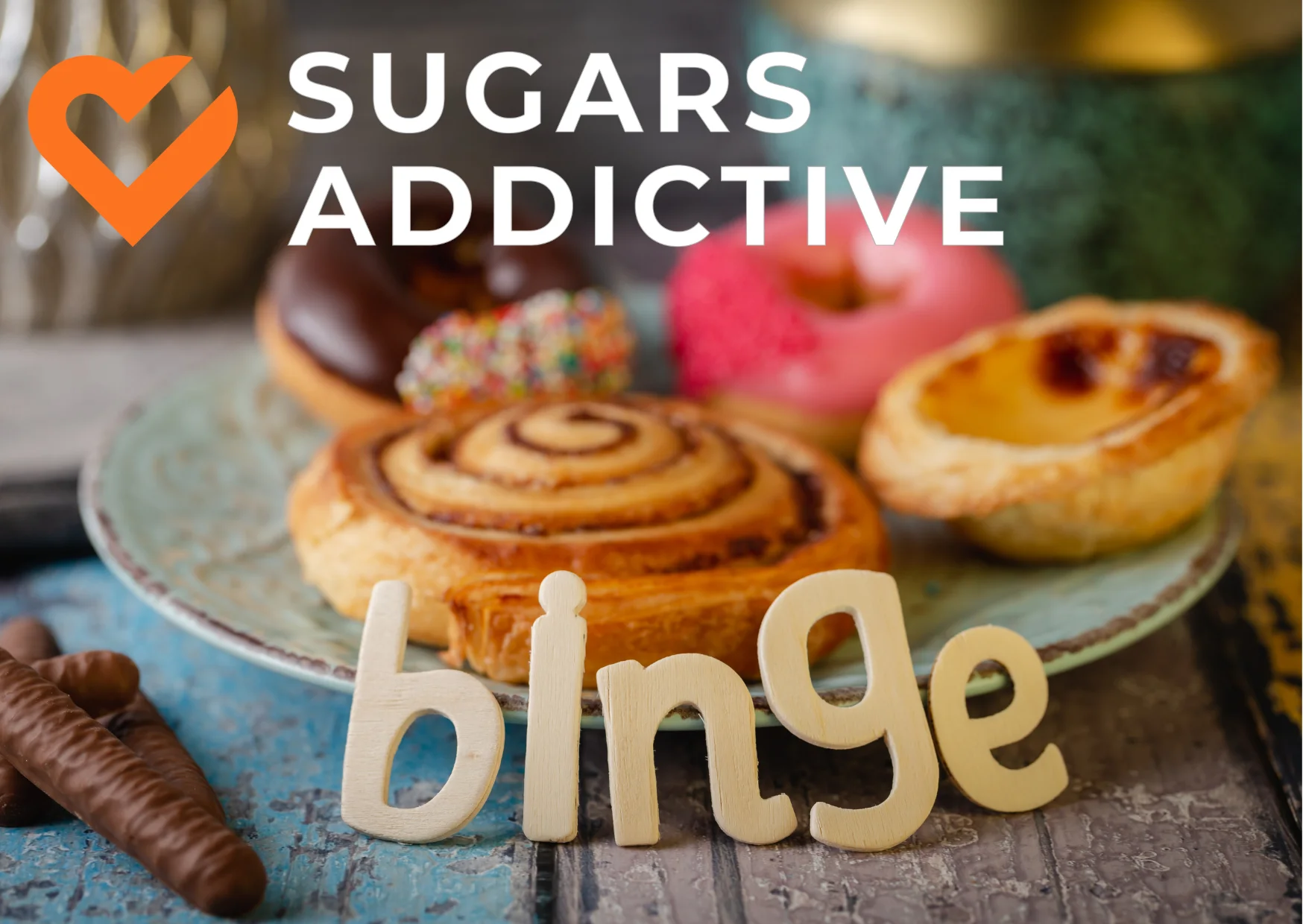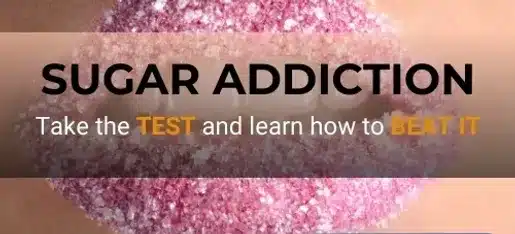Had two, three, or more attempts each year to lose weight only to end up heavier than when you started?
Do you worry that you will never be able to lose the weight, and do you find yourself asking over and over: why cant I stop eating?



There is an answer, it lies in the way the foods we crave and constantly over consume, impact our brain.
There are three key factors that drive this repeat experience: overpowering cravings, insatiable hunger (where one bite is too many and a thousand never enough) and will power (or rather, the impossible demands we make of it). In this article we will consider the impact of all three on addictive eating.
Overpowering Cravings
Dopamine down regulation is the neural basis of cravings. Dopamine is a neurotransmitter that acts on areas of the brain to give you feelings of pleasure, satisfaction, and motivation – that feels good, let’s do it again! The dopamine reward system is essential for our survival because it rewards behaviour that sustains life – the way we feel when we finally slake our thirst or get to close our eyes and sleep after exhaustion. But here is where the process can go awry because of early and chronic exposure to drug food (sugar).
For those of us with susceptible brains, or addictive personalities, repeat exposure to drug foods (processed containing sugar) causes a dopamine spike, a hit of deep reward. That makes us feel good. Over time, repeat exposure to the same drug food causes down regulation of the dopamine receptors. Down regulation simply means that the response to our drug food (the stimulus) is reduced or stressed – dialled back and dialled down. This happens over time and is also called “tolerance”. When down regulation occurs, we must eat more to enjoy the same response.
Opiate Receptors
The dopamine reward system is not the only receptor affected by repeat exposure to drug food. Down regulation of serotonin and endocannabinoid (opiate) receptors also occurs. These receptors impact mood and natural pain relief and so, down regulation of these receptors will leave the individual with a general sense of unease, discomfort, “an itch that needs to be scratched” which can feel like a pain to many. The malaise will continue unless and until we pick up our drug food and obtain relief.
The cravings (or urges) that overwhelm us are driven by the desire to experience a release (a hit) of dopamine. We call this “positive reinforcement”. But the cravings are also driven by negative reinforcement where we seek to find relief from the pain and discomfort we are now experiencing as our baseline reality. We are conflicted. And because cravings occur at the level of instinct within our brain, once we are in craving state, it is very difficult to break free.
These cravings will prompt us to go out at night in the dark and in the rain to find our drug food of choice. They might prompt us to stand in the kitchen in front of an open fridge looking for the everything that will give us relief or heading out to Tescos to wander up and down the supermarket aisle looking for that thing. What is interesting to observe is many often report “coming to” in front of the fridge or at the supermarket aisle with no idea want prompted them to behave in this way or how they got there.
Hooked
For those with the disease of sugar addiction, the dopamine reward system has been well and truly hooked, hi-jacked, and hacked by early and chronic exposure to a psycho-active substance: sugar. This means that the addict voice in our brain is alive and determined to drive all our behaviour and eating toward that next hit overriding every other possible rational response.
The dopamine reward system is basic and instinctual, and the brain always prioritises instinct over rational decision making. The ability to control our behaviour and make rational decisions occurs in the pre-frontal cortex but remember, this disease prioritises reward. It is not scientifically possible to get to the pre-frontal cortex when cravings are engaged. Decision making is therefore impaired, and inhibition is reduced, and the pre-frontal cortex is unable to counteract the urges generated by the reward centre located in the deeper mid brain. You cannot therefore think your way out of a crave.
As the addiction deepens, cravings increase while any enjoyment that we used to feel from use, decreases. The result is a chronic condition or state known as constant unfulfilled longing – wanting the “something, something” but never quite satisfied. This condition is painful for the heart the body the mind the soul and the spirit. Over time, overeating and the consequent downregulation of receptors in the brain makes us feel sad, low in mood with endless stuck days of self-defeat and poor mental health. This pattern becomes harder and harder to break.
Insatiable Hunger
The urge to eat but never feeling satisfied, why is this happening? Hunger as we have explained is a primitive instinct. We must eat to live. It is a physiological drive, a signal from deep within the brain that our body needs more fuel. The process is easy. We eat when we are hungry, and our hunger is satisfied. We move on.
The hunger associated with addiction does not go away. We might eat a huge meal or sugar, carbs and processed food but find ourselves wanting to eat more and more. We eat a Chinese takeaway, then move to the sofa and eat a tub of ice-cream, then go back to the kitchen for a pack of cookies and a cup of tea, and a bag of sweets all of which we eat in front of the TV. We are super full, but we cannot feel it, and instead, we have an urge to seek out more, why?
Again, we turn to brain science. Under normal circumstances and in the non-addicted brain, LEPTIN triggers the ventral medial nucleus of the hypothalamus to signal that adequate fuel has been consumed in response to hunger signals. Think of it like a see-saw with hunger pushing down on one side of the see saw and consumption triggering the release of Leptin to bring the see-saw back into balance. Mother Nature is always striving for balance in our body. This process is known as homeostasis.
Eating the right fuel mix for our body and increased adiposity trigger the release of the hormone Leptin from our fat cells. This tells us that we are full, and we can stop eating. Move on.
But repeat consumption of sugars interferes with leptin signalling in the brain. This is known as leptin resistance: the inability of the hypothalamus to sense circulating leptin or register its signal. It is specifically caused by:
- High baseline insulin levels
- High triglycerides and
- Inflammation (specifically of the ventral nucleus)
It's Not You It's Your Hormones
The result is insatiable hunger. Never ever feeling full. The inability to deploy our in-built off switch and the ongoing fear that without the ability to weigh and measure our food, we are stuffed when it comes to control.
Leptin was only discovered in 1994 and it triggered a rush of research by the pharmaceutical companies to try to develop a remedy based on the use of leptin to suppress our desire to eat – the miracle cure! It failed because the issue is not lack of leptin (not something to be given back to the body) but a problem with leptin resistance – the brain is not able to register its signal.
What’s Willpower Got To do With It?
It is also the case that very low levels of leptin signal starvation. This is a brain emergency. The brain responds with a cascade of hormones that compel us to eat large amounts of food to move out of starvation. Leptin resistance is mimicking this brain state and drives the insatiable hunger response.
Leptin also acts on the brain stem at the most basic life level. This means that restriction in the face of this brain emergency will never ever work. Brain stem issues are top of the ladder of life and existence and will always be the priority. This then is the battle.
Willpower is a muscle with limited reserves. It will probably last for a maximum of 15 minutes but after that, you’re on your own! The ability to make good choices, employ a rational argument why not to use and the ability to regulate our emotions all require full functioning of the anterior cingulate cortex. For those with the disease of addiction, this level of decision making has already been hi-jacked and significantly weakened by crave.
In addition, cue reactivity is heightened for addicts making them super sensitive to people, places, things, sights, sounds, smells, and noise-based cues to which we are all exposed daily in this crazy obesogenic world in which we live. Golden arches anyone? The sound of the bite into a magnum ice cream? Billboards, advertising on tv and radio, the sound of the crunch of popcorn in the row behind at the cinema? Notice the frequency of exposure to food cues across our days and understand that will power is going to be tested at many points during every one of our days here.
Reliance on will power is at best misplaced and at worst, truly hopeless. Yet if I had a pound for every diet club leader who told me that my inability to stick to a food plan was down to lack of will power, I would be a rich woman indeed! Knowledge helps, information helps but at the end of the day recovery is a verb and we must act our right way into behavioural change. It can be done through dialogue and daily commitment, daily change. Take what you need and leave the rest. Allow knowledge to create willingness to create hope which will lead into right action.
Take heart and start to re-imagine the second half of your life, it is truly possible three months from now your life could be entirely different.
Kate Oliver
Why Cant I Stop Eating: Conclusion
Overwhelming cravings, insatiable hunger and will power are problems located deep within the brain. The problem starts and ends with ultra-processed food specifically the overconsumption of sugar, carbs, and processed food. However, the brain is gifted with the ability to re-wire and renew its neural pathways every day. It doesn’t happen by chance it happens by design. And its starts with education, support and real-food.





